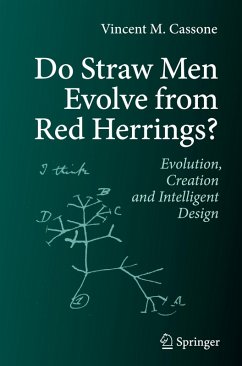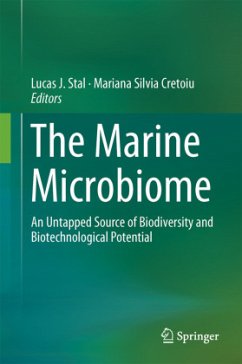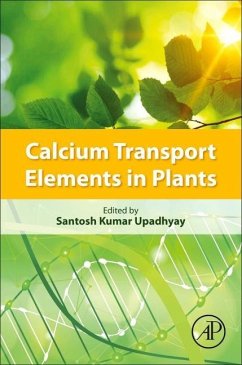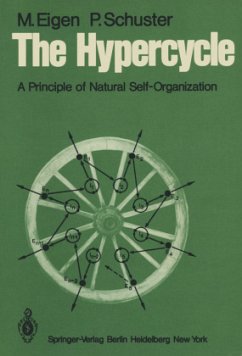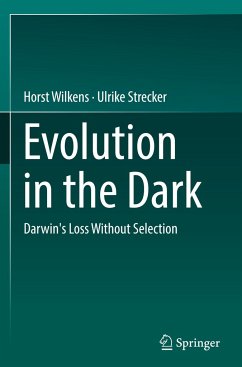
Relativity of Evolution

PAYBACK Punkte
30 °P sammeln!
This book focuses primarily on evolutionary processes (rather than evolutionary history). Topics covered are abiotic framework conditions, morphology and physiology of living organisms, fossil and molecular evidence of evolutionary developments. The basic processes of biological evolution are already established in unicellular organisms. Evolutionary options for multicellular organisms arise in a simplified way from the usable energetic transformation potentials and the dynamics of abiotic and biotic interactions. Evolutionary processes of multicellular organisms are therefore predominantly de...
This book focuses primarily on evolutionary processes (rather than evolutionary history). Topics covered are abiotic framework conditions, morphology and physiology of living organisms, fossil and molecular evidence of evolutionary developments. The basic processes of biological evolution are already established in unicellular organisms. Evolutionary options for multicellular organisms arise in a simplified way from the usable energetic transformation potentials and the dynamics of abiotic and biotic interactions. Evolutionary processes of multicellular organisms are therefore predominantly determined by the conditions of the surrounding systems. This is most clearly shown by comparisons of the evolutionary development of vertebrates under marine and terrestrial conditions.
For reasons of efficiency alone, no single species can have the equipment to capture and sustainably shape the surrounding systems in the long term. Depending on the available energetic transformation potentials, a single species is very well able to change the surrounding systems - but without being able to capture the resulting long-term consequences. This gives rise to fundamentally new questions for the design and limits of social action that makes sense in the long term.
This book is a translation of an updated and revised version of the original German work: Relativität der Evolution, ISBN 978-3-662-63936-8.
Translated by Robert D. Martin.
For reasons of efficiency alone, no single species can have the equipment to capture and sustainably shape the surrounding systems in the long term. Depending on the available energetic transformation potentials, a single species is very well able to change the surrounding systems - but without being able to capture the resulting long-term consequences. This gives rise to fundamentally new questions for the design and limits of social action that makes sense in the long term.
This book is a translation of an updated and revised version of the original German work: Relativität der Evolution, ISBN 978-3-662-63936-8.
Translated by Robert D. Martin.
Dieser Artikel kann nur an eine deutsche Lieferadresse ausgeliefert werden.



